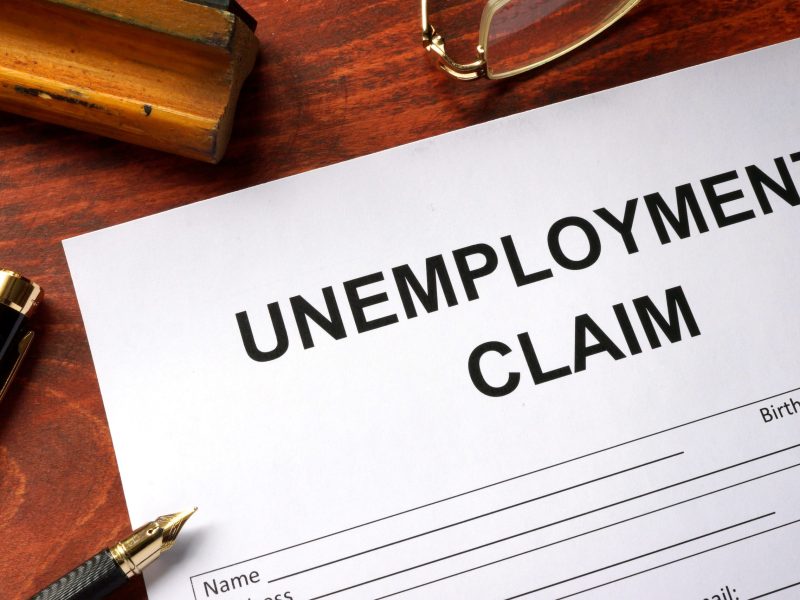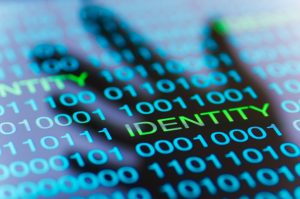Nevada is the latest in a string of states to report increased amounts of identity theft due to the coronavirus pandemic. While Nevada is known for legalized gambling, this is no time to be taking chances when it comes to safeguarding personal information.
Thanks to Nevada Attorney General Aaron D. Ford and U.S. Attorney Nicholas A. Trutanich, a COVID-19 task force has been formed. Made up of local, state, and federal agencies, the task force is dedicated to sharing resources with the intention of identifying and prosecuting COVID-19 related frauds.
There’s no doubt that fraudsters are seeking opportunities to exploit the COVID-19 pandemic for their own financial gain. The task force has received a significant amount of reports that personal information of present and former Nevada residents have been used to file and fraudulently collect unemployment benefits.
These false claims take away money that would have gone to the thousands of Nevadans who have lost their jobs and are facing legitimate financial hardships. (Fraudsters only care about lining their own pockets at the expense of others.)
Unfortunately, most people don’t realize they’ve been a victim of identity theft until they receive a letter regarding benefits they never applied for, or their employer is notified of their pending application for unemployment benefits despite being gainfully employed. (That must make for an awkward chat at the water cooler.)
The FBI encourages anyone who believes they are a victim of identity theft to submit a report through their online Crime Complaint Center. Additionally, if you think someone is using your Social Security number, call the Social Security Fraud Hotline at 1-800-269-0271.
Consider these tips to protect yourself from identity theft and potential unemployment scams:
- Never give out financial or personal information over the phone.
- Frequently review your financial statements for suspicious activity.
- Regularly update security passwords.
- Shred important paperwork before discarding.
- Be wary of people calling to validate personal information over the phone.
- Don’t disclose personally identifying information through email.
- Always confirm the authenticity of a caller or email sender requesting your personal information.
Most companies or service providers do not need your Social Security Number or other sensitive financial information. Unless you can confirm that a government agency, financial institution, or other trusted company is asking for personal information, do NOT give out any information at all.
Today’s Fraud of the Day comes from an article, “Nevada COVID-19 Task Force provides guidance for victims of unemployment benefits fraud,” posted on CarsonNOW.org on July 22, 2020.
Nevada’s COVID-19 Task Force, formed by Attorney General Aaron D. Ford and U.S. Attorney Nicholas A. Trutanich, has recently received reports suggesting that personal identifying information of some present and past Nevada residents is being used to file fraudulent applications for unemployment benefits.
Potential victims typically learn of these suspected unlawful activities when either they receive a letter from the Nevada Department of Employment, Training and Rehabilitation (DETR) relating to an application for benefits they never sought, and/or their employer receives a similar notification from DETR.




